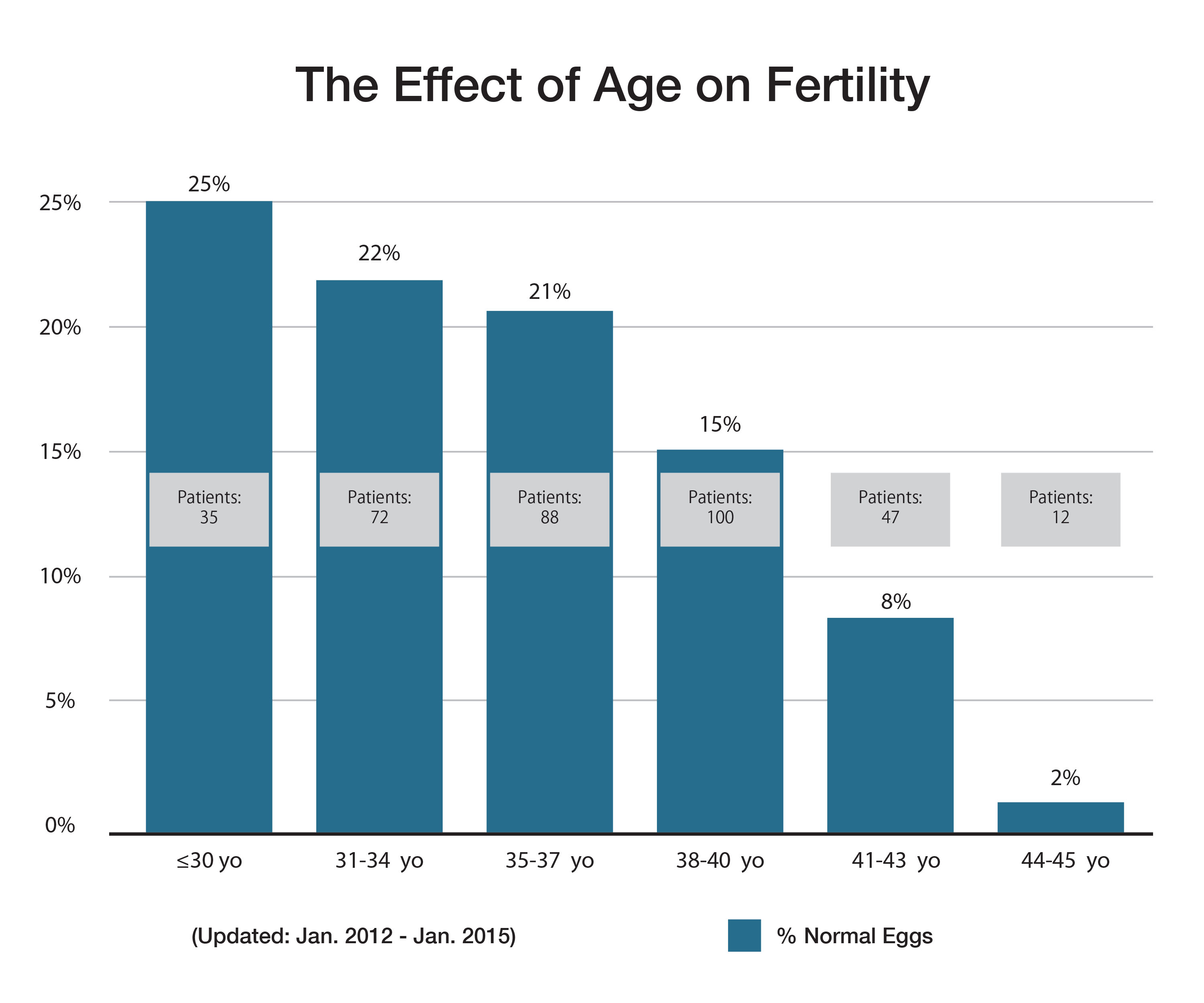
Pregnancy Age and Fertility Problems
Introduction
Pregnancy is a natural process that involves the fertilization of an egg by a sperm, followed by the implantation of the fertilized egg in the uterus. The age of the woman at the time of conception can have a significant impact on her fertility and the likelihood of experiencing pregnancy complications. This article will explore the relationship between pregnancy age and fertility problems, discussing the biological factors involved and the implications for women of different ages.
Biological Factors
As women age, their fertility naturally declines. This is primarily due to changes in the ovaries, which produce eggs. The number of eggs in the ovaries decreases with age, and the quality of the eggs also declines. This means that women over the age of 35 are more likely to experience difficulty conceiving and are at an increased risk of miscarriage and other pregnancy complications.
In addition to the ovaries, other factors that can affect fertility with age include:
- Hormonal changes: The levels of certain hormones, such as estrogen and progesterone, decline with age. These hormones are essential for ovulation and the maintenance of a healthy pregnancy.
- Uterine changes: The uterus, which is the organ where the fertilized egg implants and grows, undergoes changes with age. The uterine lining may become thinner and less receptive to implantation.
- Cervical changes: The cervix, which is the opening of the uterus, may become less elastic with age, making it more difficult for sperm to reach the egg.
Implications for Women of Different Ages
The age at which a woman conceives can have a significant impact on her fertility and the likelihood of experiencing pregnancy complications. Here is a breakdown of the implications for women of different ages:
- Under 35: Women under the age of 35 are considered to be at their peak fertility. They have the highest chance of conceiving and the lowest risk of pregnancy complications.
- 35-39: Fertility begins to decline gradually after the age of 35. Women in this age group may take longer to conceive and are at an increased risk of miscarriage and other pregnancy complications.
- 40-44: Fertility declines more rapidly after the age of 40. Women in this age group are at a significantly increased risk of pregnancy complications, including miscarriage, premature birth, and birth defects.
- 45 and over: Fertility is very low after the age of 45. Women in this age group are highly unlikely to conceive naturally and are at a very high risk of pregnancy complications.
Pregnancy Complications
The age of the mother at the time of conception can increase the risk of certain pregnancy complications, including:
- Miscarriage: The risk of miscarriage increases with age, especially after the age of 35.
- Premature birth: Babies born to mothers over the age of 35 are more likely to be born prematurely.
- Birth defects: The risk of certain birth defects, such as Down syndrome, increases with the age of the mother.
- Gestational diabetes: Women over the age of 35 are at an increased risk of developing gestational diabetes, a type of diabetes that develops during pregnancy.
- Preeclampsia: Women over the age of 35 are at an increased risk of developing preeclampsia, a serious condition that can lead to high blood pressure and other complications.
Assisted Reproductive Technologies (ART)
For women who are experiencing fertility problems due to their age, assisted reproductive technologies (ART) may be an option. ART procedures, such as in vitro fertilization (IVF), can help women conceive by bypassing some of the biological factors that can affect fertility with age. However, it is important to note that ART procedures are not always successful and can be expensive.
Conclusion
The age of the woman at the time of conception can have a significant impact on her fertility and the likelihood of experiencing pregnancy complications. Women under the age of 35 are at their peak fertility, while fertility declines gradually after the age of 35 and more rapidly after the age of 40. Women over the age of 35 are at an increased risk of pregnancy complications, including miscarriage, premature birth, and birth defects. For women who are experiencing fertility problems due to their age, assisted reproductive technologies may be an option. However, it is important to discuss the risks and benefits of ART procedures with a healthcare professional before making a decision.